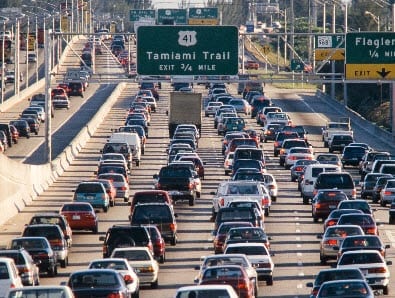Alterations to PIP may not bring relief to drivers’ wallets.
The Florida no fault auto insurance program has just experienced a number of alterations in the hopes that the residents of the state would face lower premiums resulting from the crackdown on fraud.
Fraudulent claims have been rampant in the state, driving rates ever upward.
Governor Rick Scott and the lawmakers in the Republican party have promised that no-fault insurance premiums will slide as a result of these efforts. However, a company that was hired to perform an evaluation on the latest reforms in the state has said that this may or may not be the case. Furthermore, if auto insurance premiums are to fall, it likely won’t happen until 2013 and not this year in October as had initially been indicated by the lawmakers.
Moreover, the auto insurance savings may not actually lower the monthly bill.
Instead, it may simply offset other increases that will likely be occurring within that coverage sector. All of these predictions are according to the draft report that was issued by the Office of Insurance Regulation regarding the reforms to the Personal Injury Protection (PIP) auto insurance regulations.
Pinnacle Actuarial Resources, a company based in Bloomington, Illinois, completed the report, which indicated that the changes that the legislators have chosen to pursue will decrease the amount paid by auto insurance companies for PIP claims. In theory, this should result in lower premiums for that coverage, which makes up approximately 20 percent of the standard coverage bill.
The new regulation in House Bill 119, states that as of 2013, policyholders may have a maximum of $2,500 in PIP coverage and must seek their initial treatment within 14 days in order to be eligible for it. The report states that this could bring premiums down by up to 12 percent.
Another 10 percent may be removed through the elimination of acupuncture and massage therapist coverage, which was also a part of the reforms. The report claims that as a result of all of the changes made to the laws, it could reduce the payouts made by insurers for PIP by 14 to 23 percent.
At the same time, it also said that the bottom line for motorists on their auto insurance may not be all that different.
For more insurance news headlines today.

